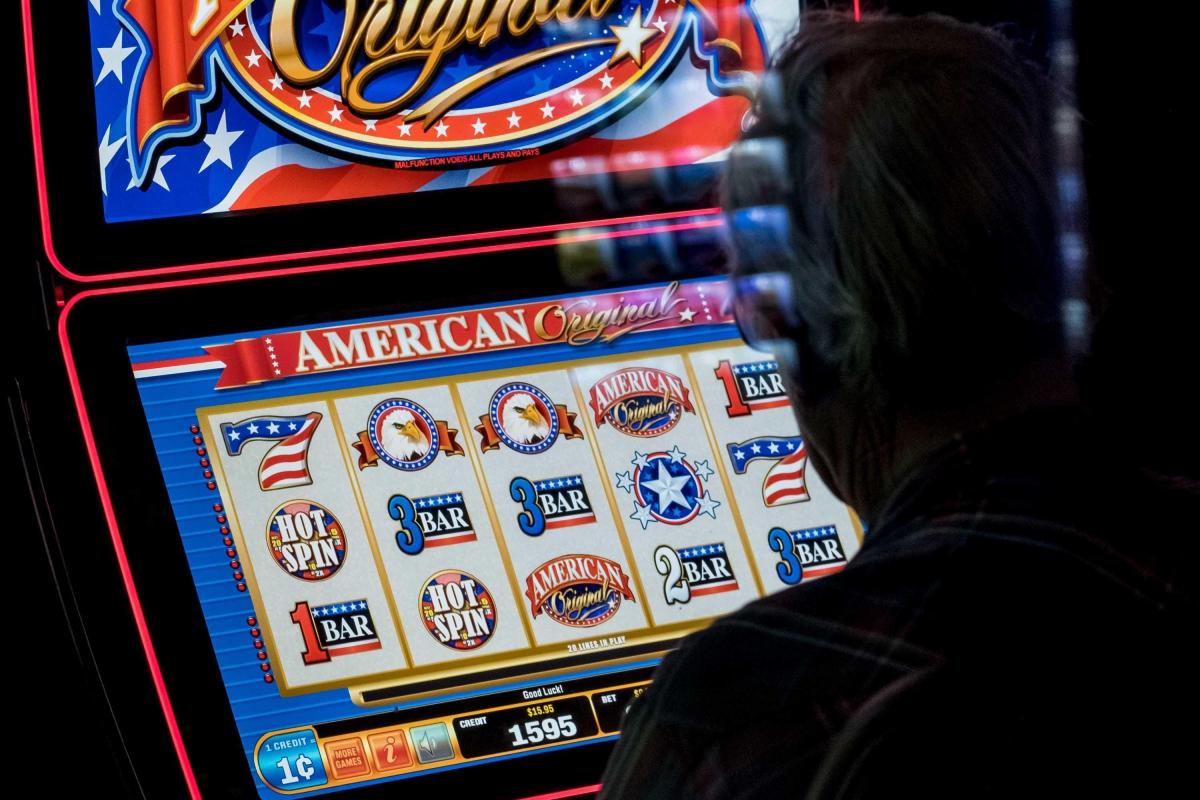
PROVIDENCE – Legislation sought by the Bally’s Corporation to allow “online casino gambling” – otherwise known as “igaming” – has been introduced in the Rhode Island legislature by Senate President Dominick Ruggerio and Rep. Gregory Costantino, whose House district encompasses the Bally’s Twin River Casino in Lincoln.
Bally’s argument for the legislation (S0948): “to enhance state revenue and better position the state’s casinos in the competitive New England gaming market.”
“This legislation is a first step in the public review process around potential iGaming in Rhode Island,” said Ruggerio and House Speaker K. Joseph Shekarchi in a joint statement.
“Our state casinos provide an important source of revenue to fund vital programs and investments that benefit all Rhode Islanders. The companies that manage casino operations on behalf of the state have made significant investments to ensure they are well positioned to thrive in the years ahead, much of which was required under [previous] legislation.
“It is imperative that we continue to explore all avenues to protect and bolster our competitive position, including the potential for iGaming,” they said.
The proposal is not a surprise, in the wake of Bally’s announcement this winter that it was asking lawmakers to approve online casino games like blackjack and poker that you could play on your phone or computer at home, under terms that would give it exclusive rights to this latest expansion of state-sponsored gambling.
As explained by the company then: “The proposed legislation would allow the RI Division of Lotteries to authorize online slots and table games by Bally’s properties in Rhode Island including Bally’s Twin River Lincoln Casino Resort and Bally’s Tiverton Casino & Hotel,” with the state receiving a slice of the revenue.
“We intend to model this after the legislation used to establish online sports betting in Rhode Island, effectively giving the State complete regulatory control and the ability to ensure the integrity of the program, while maximizing revenue for the State,” Elizabeth Suever, Vice President of Government Relations for Bally’s Corporation, said.
Bally’s currently takes sports bets at its two brick-and-mortar Rhode Island casinos while online sports bets happen through an app run by Bally’s consortium partner IGT. The state recently re-upped IGT’s sports betting contract.
The company, which owns Rhode Island’s two physical casinos and was formerly known as Twin River, is asking lawmakers to add “I-gaming” to the gambling offerings it already has the exclusive rights to sell people here, modeled on the profit-sharing arrangement it currently has with the state for legalized sports betting.
A statement issued by the General Assembly’s own publicity office says: “A recent study commissioned by Bally’s Corporation estimates that the state could generate an additional $93.3 million of gross gaming revenue in its first year, and as much as $130.6 million in its fifth year of operation, or a potential $210 million in gaming taxes for the state over a five-year period.
“They anticipate little to no switching of play from in-person at retail casinos to online gaming.”
Up next: House and Senate Finance Committee hearings, “during which all aspects of the proposal will be thoroughly examined, including proper protections,” the Democratic leaders of the House and Senate said.
Among the features of the bill:
50% of the online “slot gaming revenue” would go to the state; 35% to the “iGaming platform vendor and 15% to the “state’s authorized iGaming game vendor.”
The state’s share of the “online table gaming revenue” would be much lower, only 18%, with 35% for going to the “authorized iGaming platform vendor,” 47% to the “authorized iGaming game vendor.”
Other provisions:
-
Online slot and table gaming wagers would only be accepted from players who are confirmed to be physically present in the state of Rhode Island at the time of their bet.
-
But, the state Lottery division “may enter into an interactive gaming reciprocal agreement with… one or more other states or jurisdictions in which interactive gaming is authorized to allow an interactive gaming operator to accept wagers from persons not physically present in Rhode Island” and vice versa.
-
The State would retain the authority to set terms and conditions for online slots and table gaming including all procedures for responsible gaming, system integrity, security, operations, and accounting.
-
The effective date of the bill is January 1, 2024, subject to the finalization of relevant regulations.
This article originally appeared on The Providence Journal: Bally’s Twin River pushing to legalize online gambling in RI